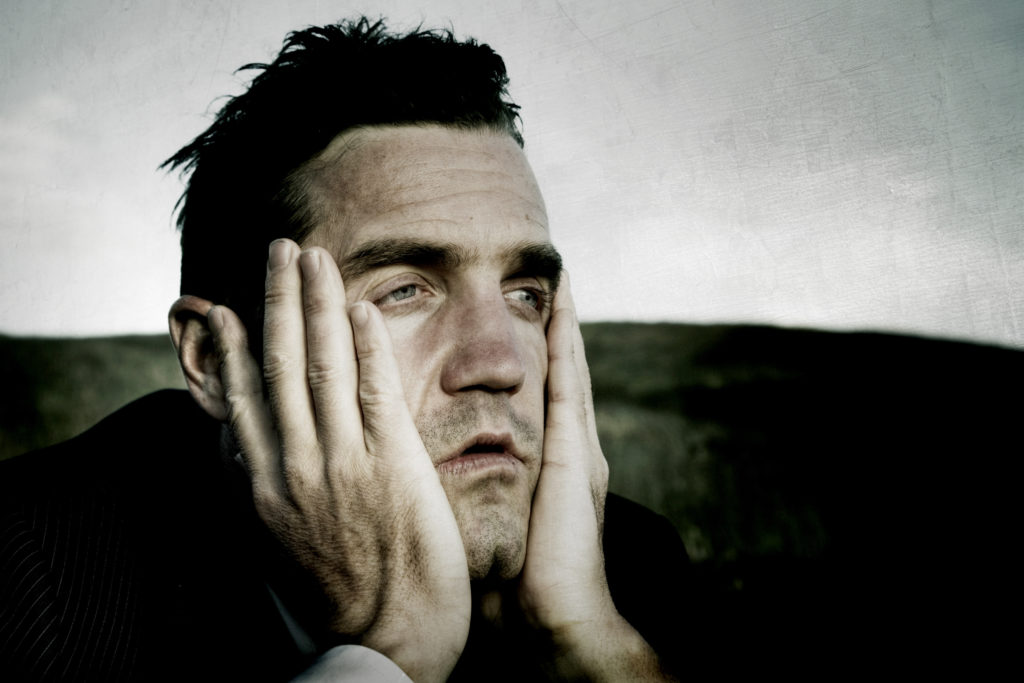When people are suffering, especially among solitude?
Loneliness can be a really heavy burden for those Affected and lead to all sorts of negative effects. Researchers examined whether there are phases in life in which the person is particularly lonely. Every person feels from time to time lonely, but there are actually three phases in life in which the loneliness in some individuals reaches a peak.
The scientists from the University of California, San Diego School of Medicine found in their recent study, that in certain stages of life people feel particularly lonely. The doctors published the results of their study in the English-language journal “International psycho-geriatrics”.

What subjects participated in the study?
The experts surveyed in their study, 340 inhabitants from San Diego, which had at the time of the study, age between 27 years and 101 years. These subjects had previously participated in studies on aging and mental illness. People with serious physical or mental disorders (such as dementia) and people living in nursing homes or substantial support in life required, were excluded from the study.
As was measured by the loneliness?
The scientists assessed the solitude of the Participants on the basis of various systems, including the 20-point loneliness scale, of the University of Los Angeles and a self-assessment of social Isolation of the U. S. Department of Health and Human Services. After the results were analyzed, the scientists, in three stages of life, a particularly severe loneliness occurred: late 20’s mid 50’s and late 80’s.
What factors contribute to loneliness?
These results are so noteworthy, because the Participants had no increased risk for Experiencing moderate to severe loneliness. They also had no serious physical disorders. The subjects also suffered not major mental illness such as depression or schizophrenia, in which the solitude could be problematic, explained study author Dilip Gesture of the University of California, San Diego. Although there were clear demographic restrictions in the group, they were Participating in the General ordinary people, adds the expert. The physician also noted that loneliness is associated with poor mental health, substance abuse, cognitive impairment and poor physical health such as hypertension and sleep disorders.
It’s not the loneliness, only social Isolation
According to the research team this is the first known evaluation of this type and it is required further research. At the moment there are more knowledge gaps than answers, says the study’s author, Gesture. The results suggest, however, that a rethink is the theme of loneliness is needed. It’s not always about the social Isolation. A Person can be alone and not feel lonely, while another Person can be with many people and still be lonely. It solutions and interventions must be found to connect to the people better and better over loneliness to educate. A better informed society is a happier, more connected and less lonely society, explain the scientists. ( as)